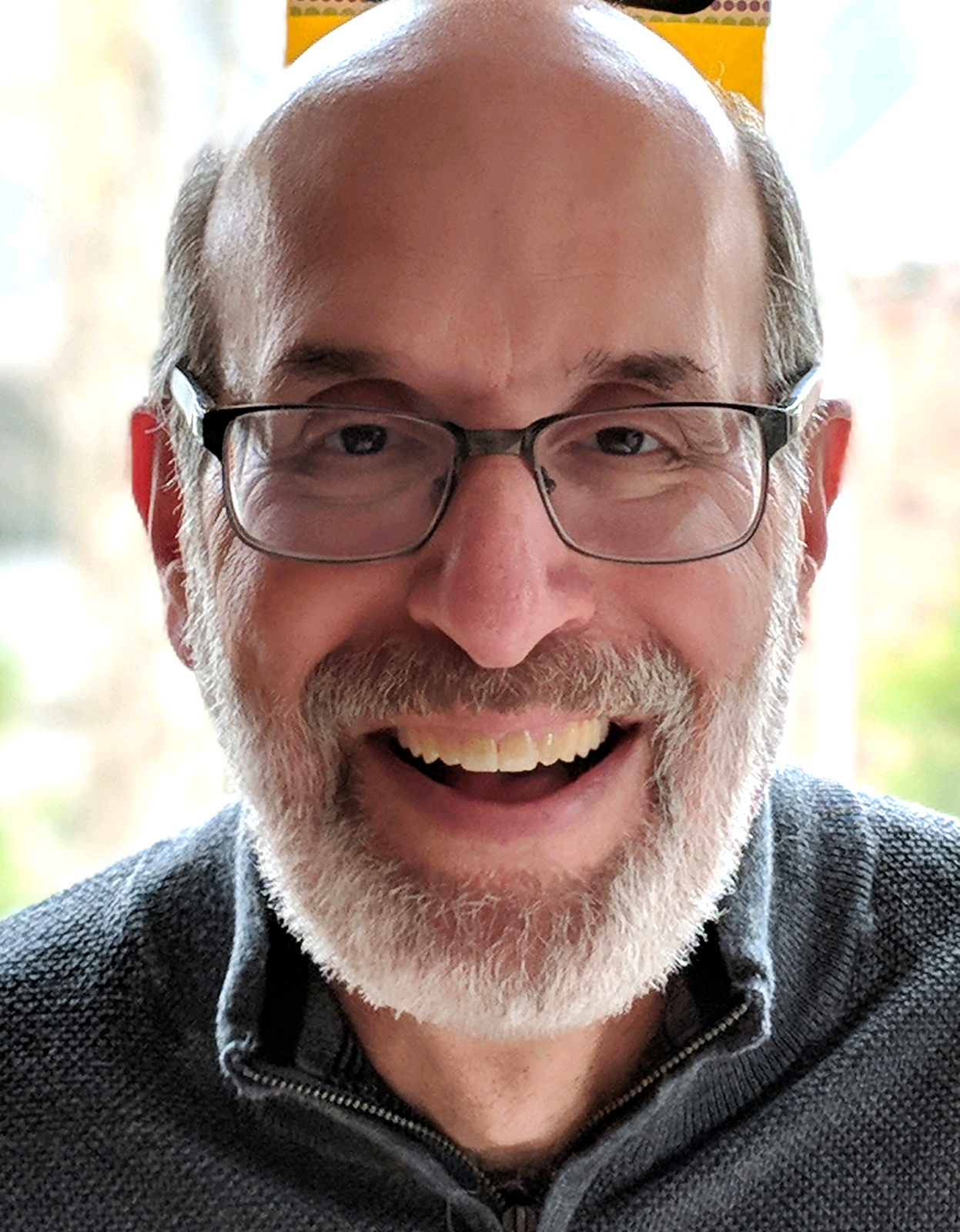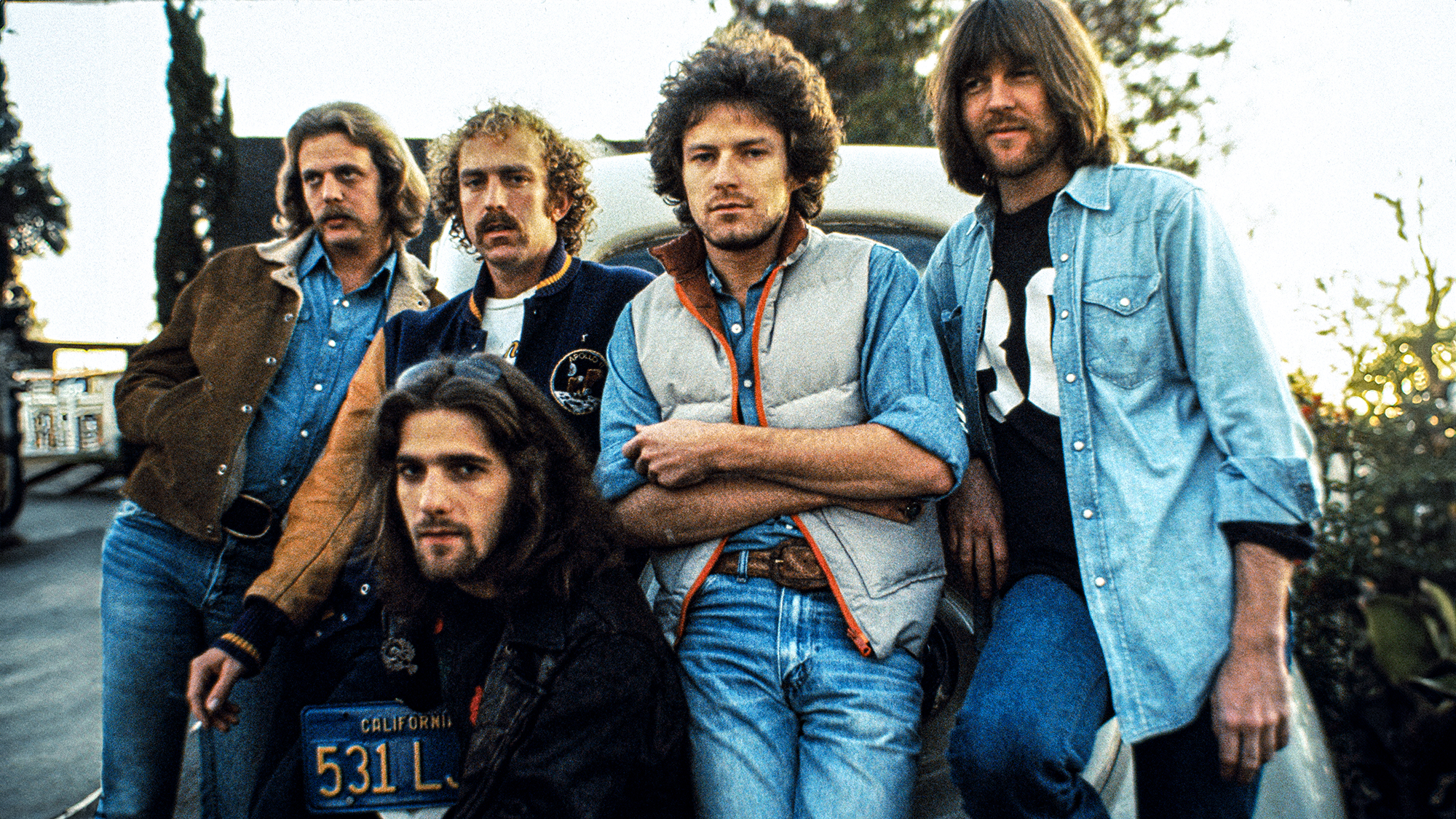“I said, 'Well, Lee, I've been using a lot of Black Sabbath–style moves in Sonic Youth.' He said, 'You're not!' I said, 'Yes, I am.'" Thurston Moore explains an unlikely influence on his unique guitar style
In an interview about his new solo album, 'Flow Critical Lucidity,' Moore also reveals the modern appeal of old tech, weird six-string tunings and unusual guitar slides.
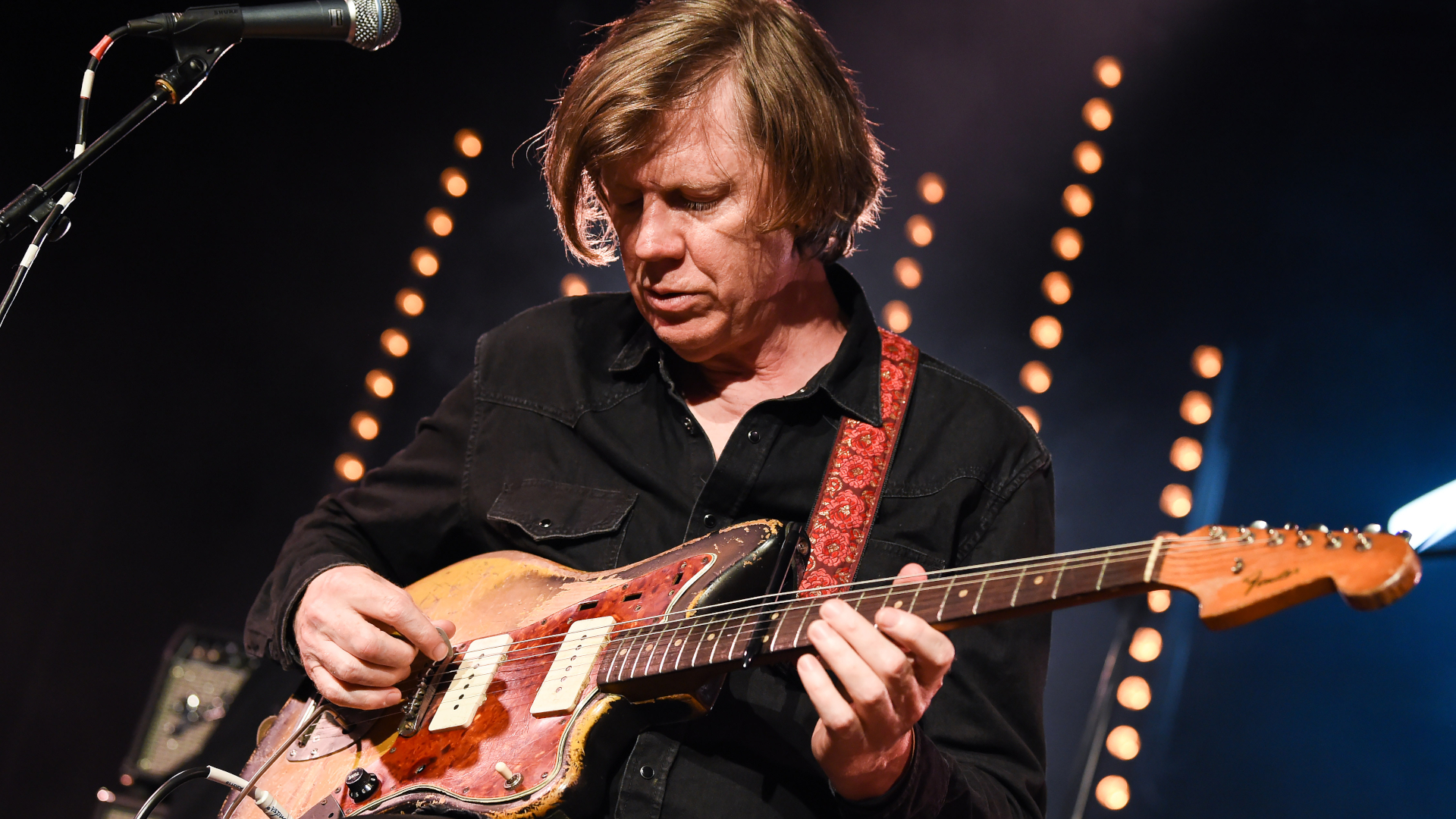
All the latest guitar news, interviews, lessons, reviews, deals and more, direct to your inbox!
You are now subscribed
Your newsletter sign-up was successful
“It took me years to realize how exquisite so much of standard guitar playing is,” Thurston Moore tells Guitar Player. Contemplating his new album, Flow Critical Lucidity, while lounging on the couch of his home in London, the former Sonic Youth guitarist serves up insights into a guitar approach that has influenced a generation or more of alt-rock guitarists.
"I can't really play 'real' guitar," Moore explains with a chuckle. "Sonic Youth never once played a traditional, standard-tuned guitar outside of the very first EP we did. I never went back to it, but I can do it. Sonic Youth just did something completely else with guitars, and it took me awhile to come to a place where I understood how significant we were and what we were becoming, 'cause we weren't playing generic music and were never in the community of generic music.
"So when you would meet people later on, whether it was Steven Malkmus of Pavement or Kurt Cobain of Nirvana saying, 'Sonic Youth was this [influence] for us, that was cool."
The guitar has certainly proven to be an interesting ride for Moore. Now 66, the Florida-born musician was raised in Connecticut, picked up guitar as a teenager via his older brother, and cut his tastes and, subsequently, his talents in the punk, post-punk, New Wave, no-wave and hardcore scenes in New York. Alongside Lee Ranaldo, Moore spent 30-odd years with Sonic Youth, during which they pioneered a new school of rock guitar playing, one that was highly experimental and determinedly set against anything standard. That includes everything from tunings to melodic sensibility to compositional approach.
Now, with Flow Critical Lucidity, Moore delivers the ninth of what he calls his "proper, song-based" solo albums and his first since 2021's instrumental set Screen Time and the ambitious Spirit Counsel box set that contained his sweeping 63-minute piece "Alice Moki Jayne." Flow Critical Lucidity’s seven songs were arranged during ensemble sessions in Switzerland and recorded in London during 2022 before being mixed last year. Regular Moore collaborator Jon Leidecker, aka Wobbly, helmed the electronics, with Deb Googe on bass, James Sedwards on keyboards and Jem Doulton playing percussion, while Stereolab's Laetitia Sadler provides backing vocals on the single "Sans Limites [watch the video below]."
"When you would meet people later on, whether it was Steven Malkmus of Pavement or Kurt Cobain of Nirvana saying, 'Sonic Youth was this [influence] for us, that was cool."
—Thurston Moore
"With this record there was some conscious idea of reflecting on what was happening in the natural world," Moore explains, "at a time when we were coming out of the pandemic year. That, plus being in the midst of this great natural world energy with Lake Geneva and the Alps behind it — contemplating that and just letting it infuse the composition of the music." Some of the album's lyrics, he adds, focus on aspects of "community," drawing in particular from his experiences in the hardcore scene as a youth.
"There's this juxtaposition between experimental guitar play and singing about something that doesn't have anything to do with experimental guitar play but has everything to do with this other subject matter," Moore explains. "I like the clash of that."
All the latest guitar news, interviews, lessons, reviews, deals and more, direct to your inbox!
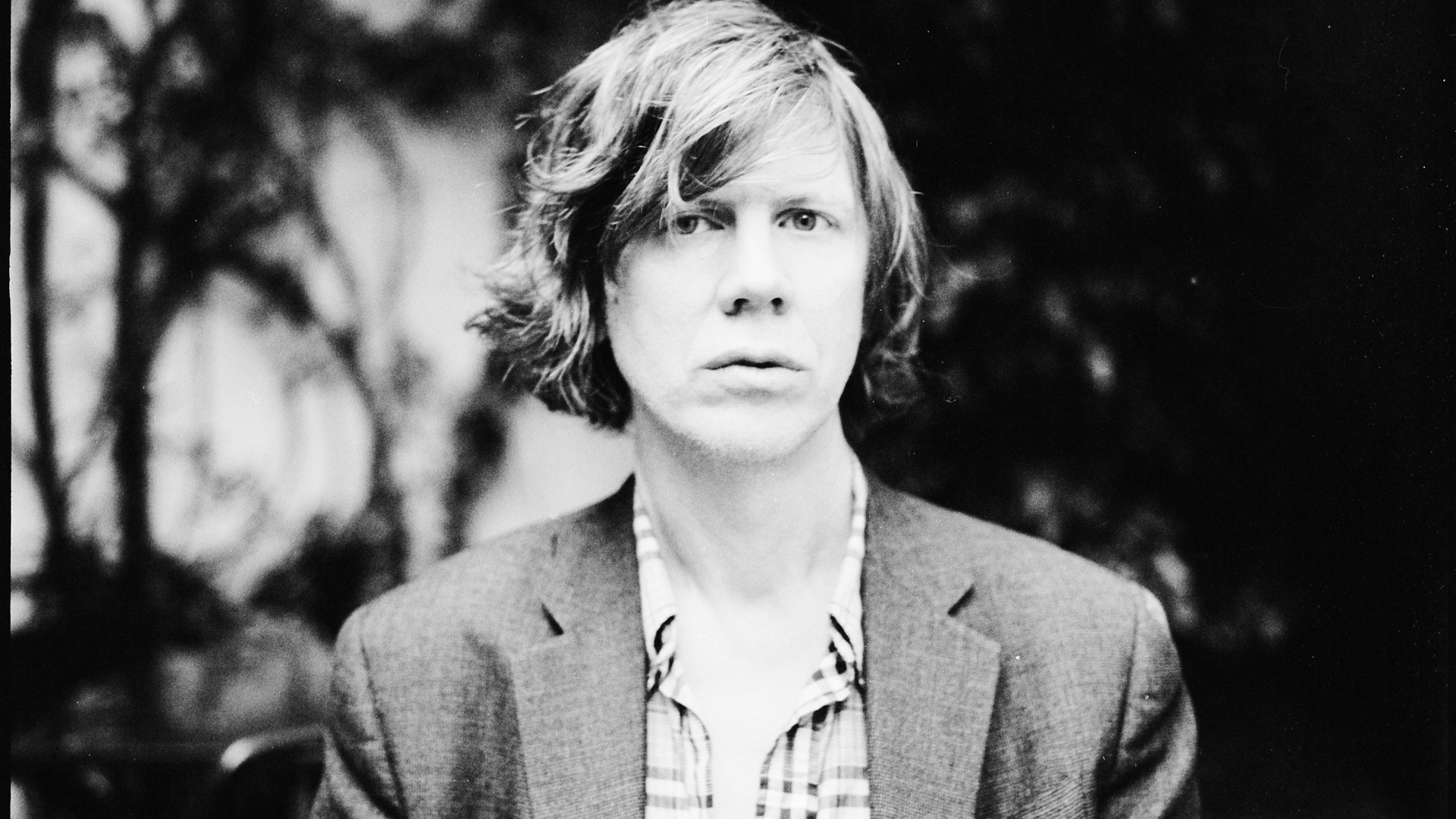
Moore recorded most of the album using an early ’60s Fender Jazzmaster, a "pretty chewed-up" instrument he says, which "allows me to have a lot of play with the strings above the neck and below the bridge."
For the opening track, "New in Town," he also employed a number of objects to create different sounds, mostly "pretty slender cylindrical pieces like a car antenna...or a fairly lightweight drumstick, preferably one that's been used quite a bit so it has some abrasion for the strings to rattle off of."
"I don't care about pedals; I care about what's being said on a guitar. To me, my favorite guitar sound is hearing Keith Richards' fingers slipping along the strings."
—Thurston Moore
He laughs. "That's the one song I won't be able to play live, 'cause I don't remember what I was doing with the guitar."
He does, however, recall his tunings for the album, which were primarily (low to high) C G D D C G and, for the closing track, "The Diver,” a droning D# D# A# A# (octave) C# D#. "I tend to get hooked into one tuning and I try to keep investigating that one tuning as opposed to just bouncing from different tunings," he says.
Most of the "special effects," meanwhile are generated with his hands. "I was never a pedal geek or freak," Moore says, "which is criminal to say now 'cause it's all about boutique pedal culture. I don't care about pedals; I care about what's being said on a guitar. To me, my favorite guitar sound is hearing Keith Richards' fingers slipping along the strings."
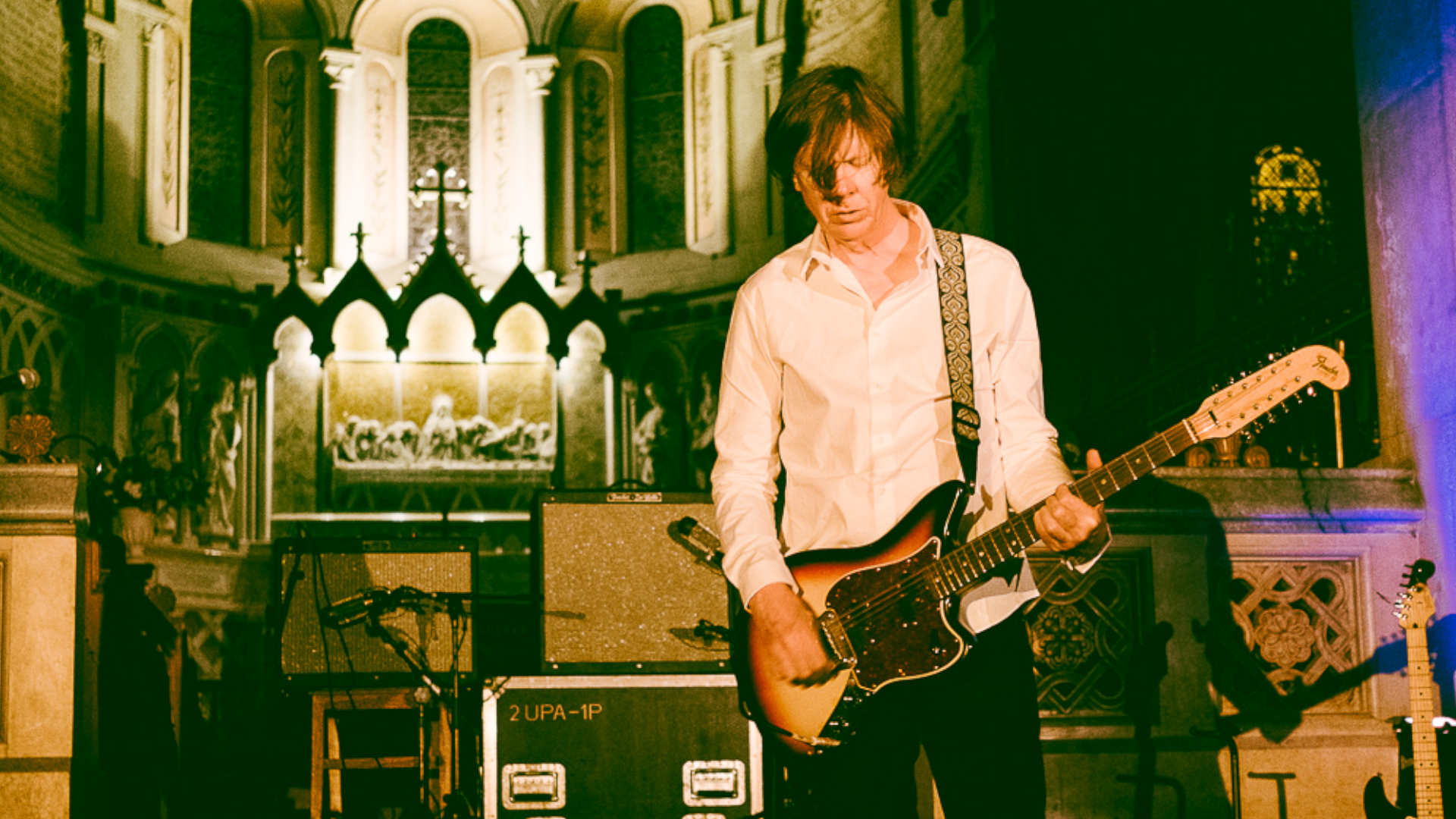
And that's not the only luddite position he's taking about the album.
"I've got to say that of all the formats Flow Critical Lucidity exists on, the cassettes sound the best," Moore opines. "That fat, phosphorous oxide, that friction across a magnetic head — there's nothing like it. Nothing sounds as good as that."
Eschewing a formal concert tour for the time being, Moore has a number of promotional appearances scheduled to promote Flow Critical Lucidity in Europe and the U.S. — including four nights of curated performances from December 4 through 7 at John Zorn's New York City venue, the Stone, with Ranaldo joining him for a duo program on December 6.
"During the ’80s someone had written that the two most important bands for underground music were the Velvet Underground and Black Sabbath," Moore says. "I remember bringing that up to Lee; he said, 'I understand the Velvet Underground, but I wouldn't agree with the Black Sabbath part.' I said, 'Well, Lee, I've been using a lot of Black Sabbath–style moves in what I'm doing for Sonic Youth.' He looked at me and said, 'You're not!' I said, 'Yes, I am.'
"It was pretty funny. And of course that would become more prominent and prevalent later on. You'd hear something pre-punk like Black Sabbath come more into play with younger people's fascination with how their bands sounded."
Gary Graff is an award-winning Detroit-based music journalist and author who writes for a variety of print, online and broadcast outlets. He has written and collaborated on books about Alice Cooper, Neil Young, Bob Seger, Bruce Springsteen and Rock 'n' Roll Myths. He's also the founding editor of the award-winning MusicHound Essential Album Guide series and of the new 501 Essential Albums series. Graff is also a co-founder and co-producer of the annual Detroit Music Awards.

